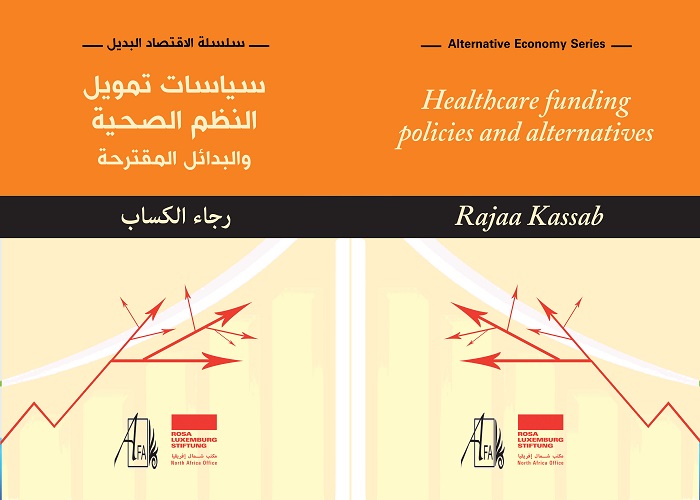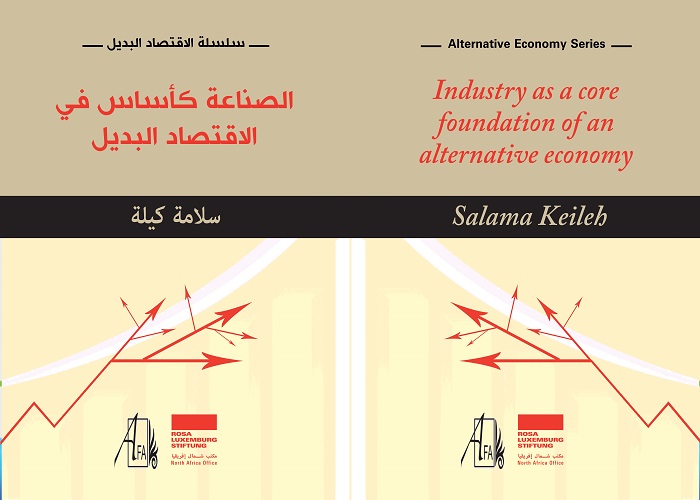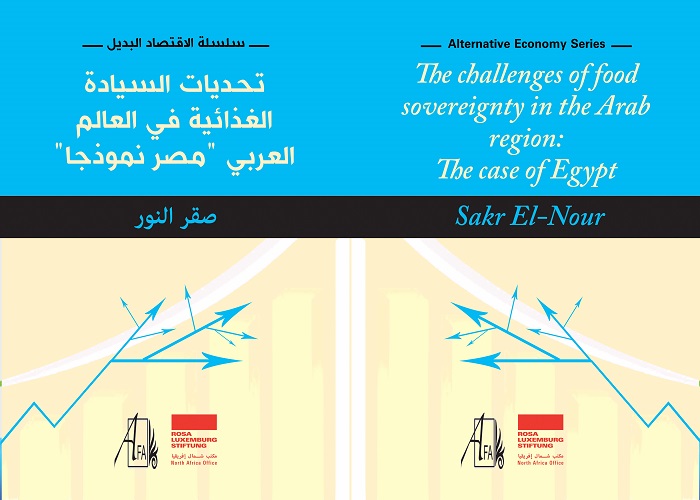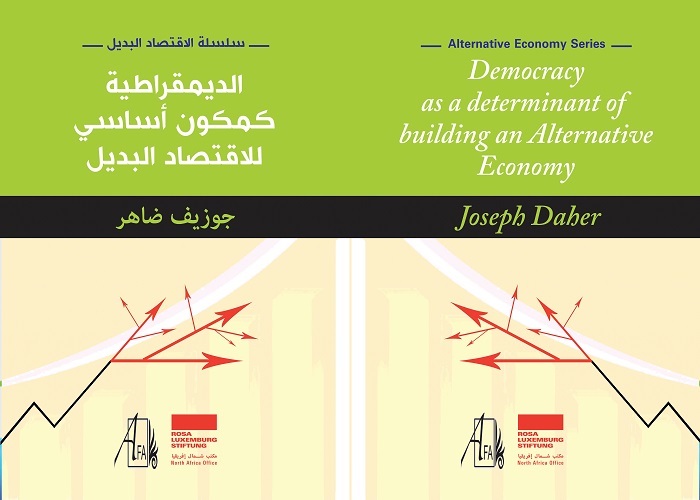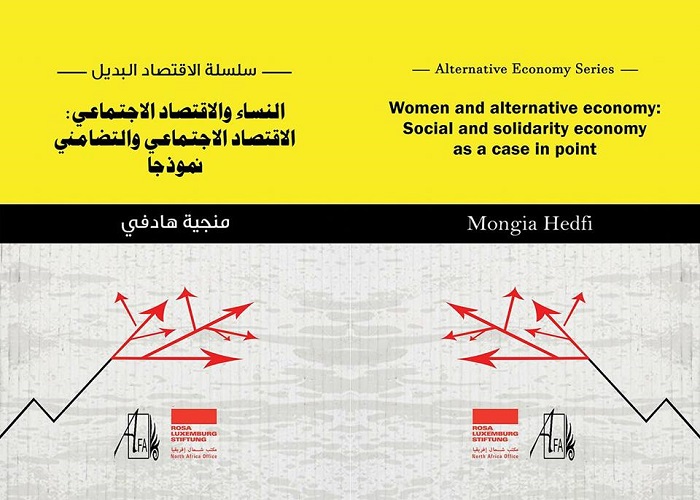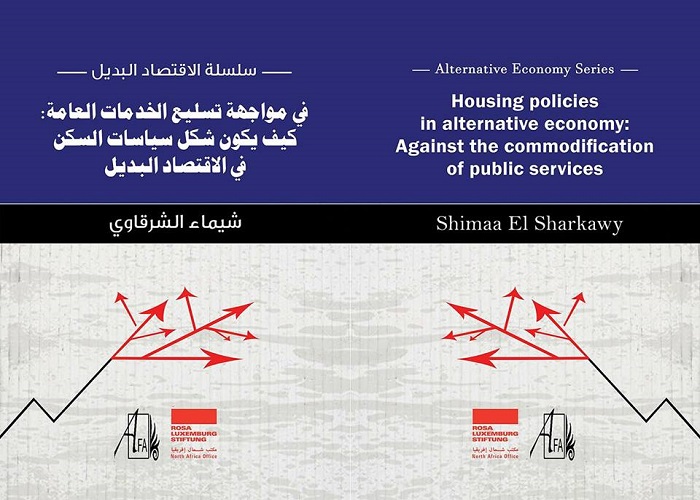Healthcare funding policies and alternatives
Raja Kassab Introduction: The World Health Organization (WHO) defines health as “a state of complete physical, mental and social well-being and not merely the absence of disease or infirmity”[1]. Health is one of human beings’ basic rights as stated in a number of universal charters. The constitution of the WHO, for example, states that the “enjoyment of the highest attainable standard of health is one of the fundamental rights of every human being without distinction of race, religion, political belief, economic or social condition.” The same applies to Article 25 of the Universal Charter of Human Rights and Article 12…

